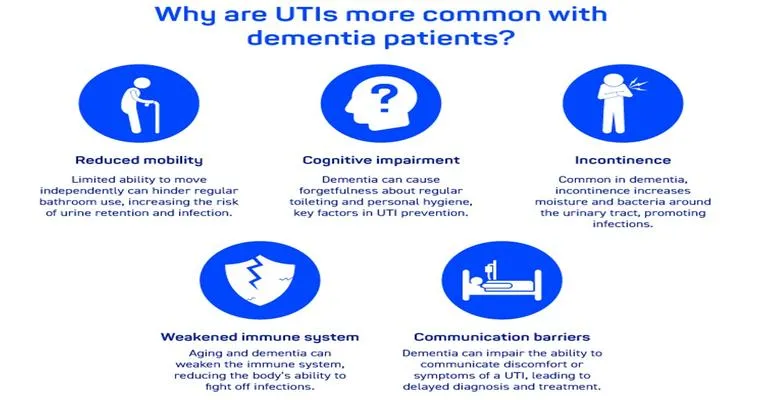Navigating the healthcare system can be challenging, especially when it comes to "rehabilitation" services for loved ones. If your sister has undergone only a brief "physical therapy" evaluation and the hospital refuses to send her to "rehab", it is essential to understand your options and advocate for her needs. Here are steps you can take to address this situation effectively.
First and foremost, gather as much information as possible about your sister's condition and the reasons behind the hospital's decision. Speak with her healthcare providers, including doctors and physical therapists, to understand their rationale for the evaluation and the determination of her need for rehabilitation. Sometimes, a short assessment may not capture the full extent of a patient's needs, and discussing this with the professionals involved can provide clarity.
If you believe that your sister requires more extensive rehabilitation services, consider requesting a "second opinion". This could involve consulting with another physical therapist or a rehabilitation specialist who can evaluate her condition more thoroughly. A fresh assessment may highlight the necessity for rehab and support your case for necessary services.
Documenting your sister's medical history, including any injuries, surgeries, or chronic conditions, is crucial. Keeping detailed records can help you present a strong case to healthcare providers and insurance companies. Include any previous therapy sessions, progress made, and how her condition affects her daily life. This documentation can serve as evidence of her need for ongoing rehabilitation.
Another important step is to understand your rights as a patient and advocate for your sister. Familiarize yourself with the hospital's policies regarding discharge and rehabilitation services. You can also review your sister's insurance policy to ensure that it covers rehabilitation services. If you believe the hospital is not following proper protocols, you may consider reaching out to a patient advocate within the hospital or contacting an external patient advocacy organization.
If rehabilitation services are denied, you have the option to file an "appeal" with the hospital or the insurance company. This process typically involves submitting a formal request for reconsideration, accompanied by any supporting documents, including evaluations from other medical professionals. It is important to follow up diligently on the status of your appeal.
Finally, consider exploring alternative rehabilitation options outside the hospital setting. Outpatient therapy might be available, or there may be local rehab facilities that accept patients without requiring a hospital referral. Researching these options can provide your sister with the care she needs, even if the hospital is unable or unwilling to facilitate it.
In summary, if the hospital will not send your sister to rehab after only one brief physical therapy evaluation, you have several avenues to pursue. Engage with healthcare providers, seek a second opinion, document her medical history, understand your rights, file an appeal, and explore alternative options. By taking these steps, you can advocate effectively for your sister's rehabilitation needs and ensure she receives the appropriate care for her recovery.





